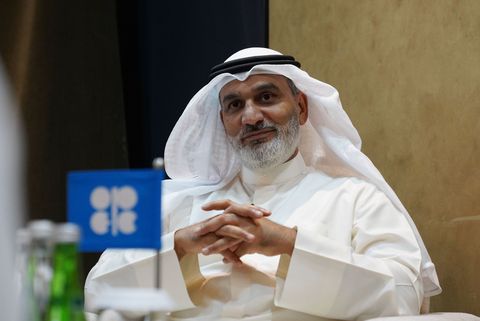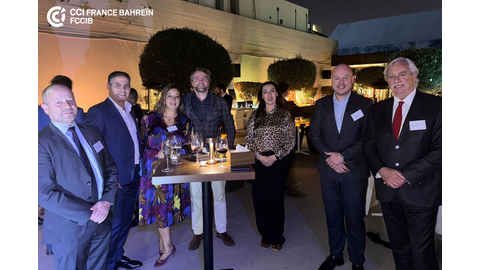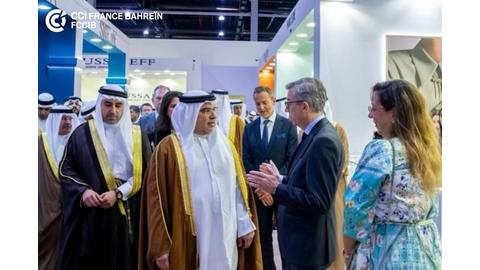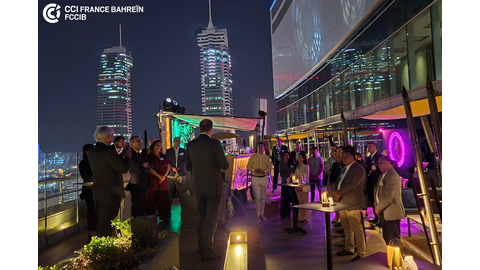Oil sector needs $12 trillion in investments till 2045: Opec

The global oil industry, which is set to make up almost 29% of the world’s energy needs by 2045, will require nearly $12.1 trillion in investment between now and then. This equates to more than $500 billion each year, according to a top industry official.
The recent annual levels have been significantly below this amount, due to industry downturns, the pandemic and the increasing focus on environmental, social and governance issues, stated Haitham Al Ghais, the Secretary General of Opec.
"In fact, we believe that not enough investment is going into all energies. To put it simply, the sustainability of the global energy system is at stake," he noted.
"We are playing catch-up on investments. We need a long-term, investment-friendly climate that works for producers and consumers," he added.
He pointed out that with populations and economies growing, the world will need more energy in the coming decades.
"In our World Oil Outlook 2022, we forecast that global energy demand will expand by 23% to 2045. Meeting this growth, ensuring energy security and affordable access, and lowering global emissions in line with the Paris Agreement require all energies, and unprecedented investment and collaboration," remarked Al Ghais, while elaborating on the rising demand for energy.
The challenges for energy, climate and sustainable development are enormous and this means the parameters of the discourse need to be inclusive, he added.
Al Ghais asserted that there could be no one-size-fits-all solution to a sustainable energy future, but collaboration and inclusive action will be 'essential in achieving a just and permanent transition.'
"Imagine a world without oil and the multitude of essential daily products that are derived from it: gasoline, heating oil, jet fuel, kerosene, toothpaste, deodorant, soap, cameras, computers, car tyres, upholstery, contact lenses, artificial limbs and hearts, many types of medicine and much more.
“Essential services that people depend on would vanish, transportation would grind to a halt, many homes would be without heat, people’s health would suffer, global food supply chains would be disrupted and energy poverty would rise further. It is a world that does not bear thinking about.”
But, he continued, such an image “underscores the importance of a just and sustainable energy transition in which no people, no industry and no country are left behind. We need every voice at the table, with the G7 playing a vital role.”
The Opec chief stressed that the 'chronic underinvestment needs to be rectified. It is not about waiting for tomorrow; it is about making it happen today.'
Opec member countries are ready, willing and able to play a key role in helping provide energy to the world and in reducing emissions, he added.
Al Ghais said Opec was investing in the upstream and downstream capacity.
"We are mobilising cleaner technologies and our vast pool of human expertise to help decarbonise the industry. We are making major investments in renewables and hydrogen capacity, carbon capture utilisation and storage, and other technologies, as well as promoting the circular carbon economy to improve overall environmental performance," he stated.
History, he noted, has "shown us that energy transitions evolve slowly and have many paths. We also need to remember the sad reality that more than 700 million people still have no access to electricity and 2.4 billion use inefficient and polluting systems."
"What can be viewed in energy market turmoil over the past 18 months or so is what can occur if we do not take on board the interwoven complexities of energy. It is clear that no one has all the answers. In fact, we may not know all the questions – but that does not mean we cannot take action now," he added.
The Opec chief pointed out that the overall focus needs to be on emissions reduction and the use of all fuels across the world.
"We fully support a global, multilateral approach, with collaboration at the fore. We need to work with one another, and not against one another, he added.-TradeArabia News Service
Source: https://www.tradearabia.com/news/OGN_409408.html


